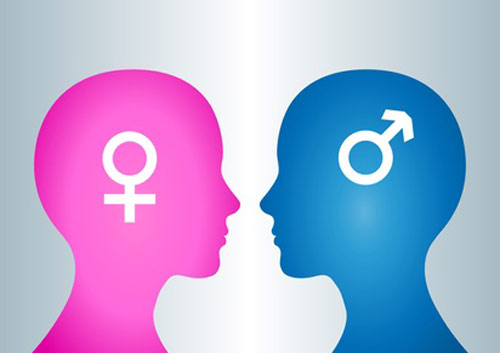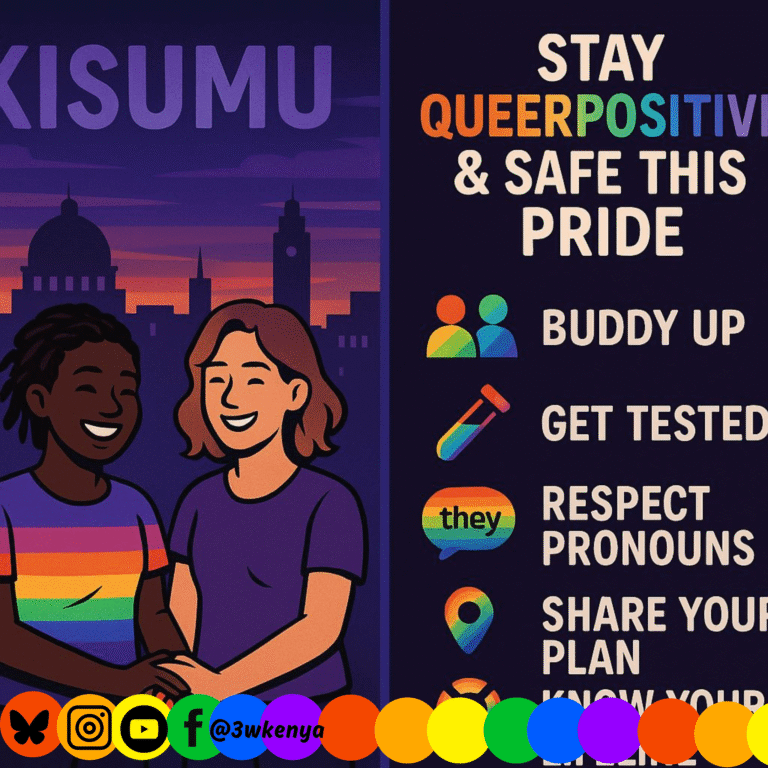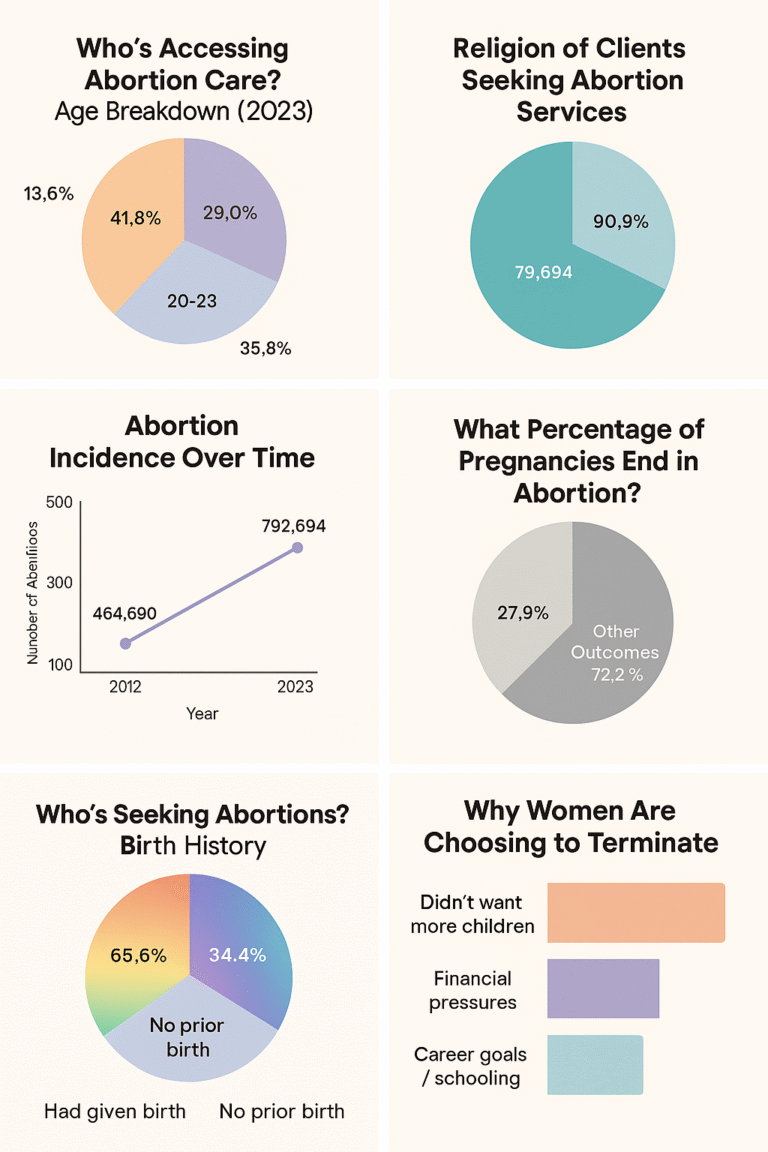Transgender Myths Debunked!
The word “transgender” – or trans – is an umbrella term for people whose gender identity is different from the sex assigned to us at birth. There exists a lot of myths, misconceptions, and fallacies about transgender people as debunked below:
1.Transgender people live crazy lives
This is probably the most common misconception about trans people. Many people incorrectly associate being transgender with automatically living a “crazy lifestyle” based on tv and in the movies.\r\n\r\nAll transgender people do the everyday things that are a part of life. They go to work, buy groceries, see movies, kiss their kid’s good night. They are people. They do people things like everyone else.
2.Transgender people are confused
Just because a person is different, doesn’t mean they don’t know who they are. They are females, males, and intersex. Trans people have a gender. They are men, women, queer, and other genders. They know their sex and they know their gender. This can be confusing to us who inhabit more traditional gender roles, but to the transgender person, it is not confusing. It is just who they are. That said, coming to the realization that you are trans, and coming out publicly as trans, in a society that doesn’t accept or understand you can be very confusing and hurtful. Many transgender people have experiences of feeling “defective” or “wrong.” This is a social problem, not a gender identity problem.
3.Transgender people are mentally disturbed
It’s true that many transgender people suffer from mental illness. But it’s not because of their gender identity alone! It’s because in a patriarchal society, being gender variant causes a lot of distress. So much distress, in fact, that it can be described by the diagnosis of a mental disorder. This diagnosis is helpful because it tells us that this person is hurting and something needs to be done to help. Transgender people have the same brains we do. They are just faced with a lot more mental and emotional stress.
4.Transgender people are gay
Gender identity and sexual orientation are two completely different things. One is what gender we see ourselves as being. The other is what gender(s) and sex(es) we are physically and romantically attracted to.
5.All transgender people medically transition.
The desire and ability to transition differs across individuals. While some pursue hormone therapy and gender reassignment surgeries, others lack access to them or are barred by discrimination. Others have no interest in full genital surgery. The medical treatment for someone with gender dysphoria seeks to help people live as their true gender but it does not prescribe a particular course of action. Knowing one doesn’t tell you about the other



